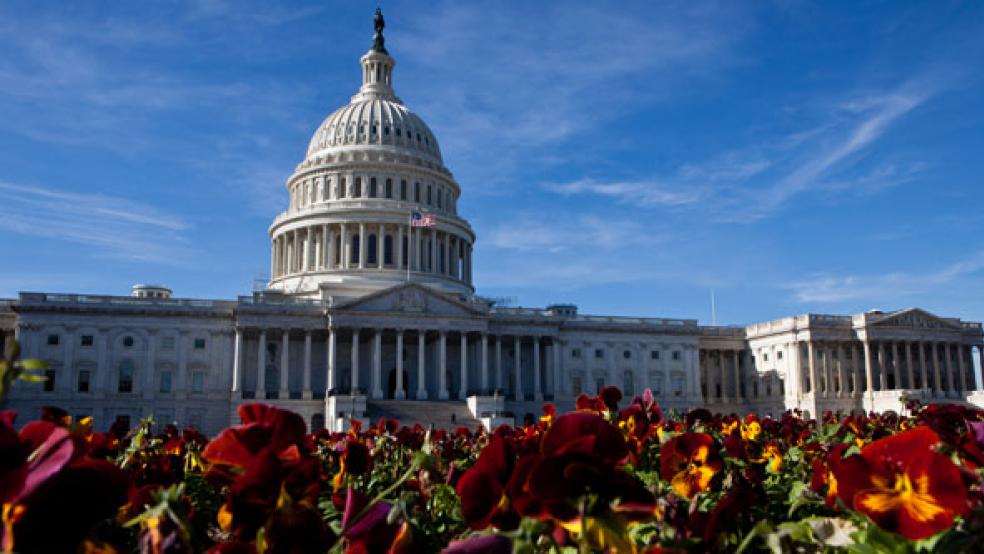Spoiler alert: The race to be the next Speaker of the House is pretty much over.
On Friday, John Boehner (R-OH) shocked Washington with his announcement that he would step down at the end of October. Many expected a mad scramble for the gavel and battle-lines to form between far-right conservatives – who assisted Boehner’s political demise – and the rest of the GOP conference.
That didn’t happen. Instead, House Majority Leader Kevin McCarthy (R-CA) has emerged as the odds-on favorite to replace Boehner, with only token conservative opposition from Rep. Daniel Webster (R-FL). For the moment it seems hardliners are saving their energy for the other House leadership races, which are decided by secret ballot.
Related: GOP Leadership Getting an Overhaul, but Its Policies Sound Familiar
But just because McCarthy is the frontrunner doesn’t mean the coming speaker election will be devoid of drama. In fact, the election is one of Washington’s more interesting traditions and offers surprising moments that politicos talk about for years.
How does the speaker election work, exactly?
Think about it like the first day of school. All 435 members are required to sit in their seats in the House chamber while a clerk reads their names, one by one, alphabetically, to record their votes. Lawmakers often shout their choice. Their tone, as much as their individual pick for speaker, can prompt laughter or boos among their colleagues.
The vote can also lead to political reprisals. Two lawmakers who voted against Boehner in the last speaker election were kicked off the influential House rules committee.
Do members have to vote for one of their colleagues?
Actually, no. A House lawmaker can vote for anyone, regardless if he or she is a candidate for speaker or even a member of Congress. The chamber held a speaker election in January at the start of the new Congress and Rep. Jim Cooper (D-TN) voted for Colin Powell, who served in the George W. Bush administration. Rep. Curt Clawson (R-FL) backed Sen. Rand Paul (R-KY).
That loophole makes it sound kind of fun, no?
Well, that depends if you’re a candidate for speaker. Boehner may not have enjoyed the process last time around.
Related: Free to Speak His Mind, Boehner Takes Some Shots at the Right Wing
To win the gavel, and assuming all House members show up for the vote (not guaranteed), you need a majority of 218 votes to win. With 246 Republicans in the House, a GOP contender can only spare 28 votes – which nearly happened to Boehner.
In all, 25 Republicans voted against him, the highest number of defections in his three elections to speaker. Webster, whose nomination went public right before the vote, received 12 votes. Two long-shot candidates gained a handful of supporters and another lawmaker merely voted “present.”
With only 408 members voting in January, the chain-smoking Boehner needed 205 votes and received 216.
When’s the election to replace Boehner happening anyway?
Unclear. The GOP conference is holding a special meeting Tuesday night to chart a path forward. Boehner has said an announcement could come before the end this week, meaning his replacement will be known well before he heads for the exit.
Once the pomp and circumstance of the speaker election is dispensed with, the GOP will go behind closed doors to vote on who else will make up their leadership team. Until the next retirement, of course.





